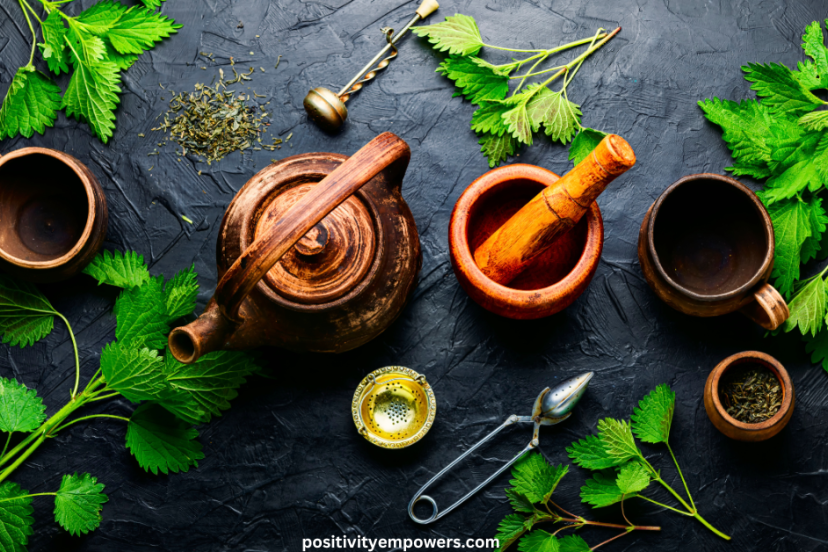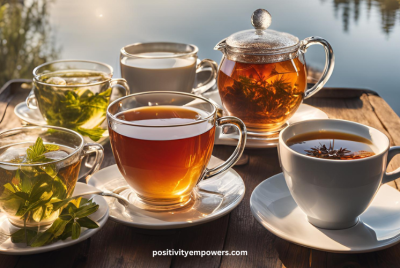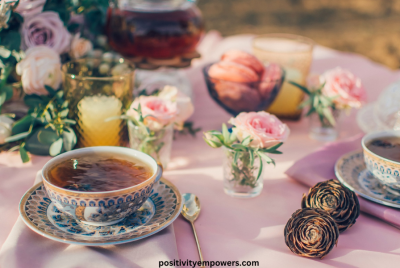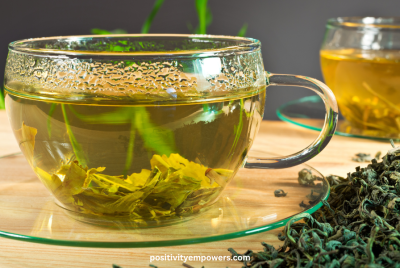Sencha Green Tea – A Complete Guide to Benefits, Varieties and Cost
Sharing is caring!
What is Sencha Green Tea?
Sencha green tea is a traditional Japanese tea, loved worldwide for its fresh, grassy flavor and health benefits. Made from Camellia sinensis leaves, it is steamed immediately after harvesting, locking in its bright green color and antioxidants. It’s an everyday tea in Japan, offering a rich yet balanced taste that many find refreshing.
Origin and Cultivation
Sencha is primarily grown in Japan, where the climate and farming methods create its unique characteristics. Regions like Shizuoka and Uji are renowned for their Sencha, with their misty, mountainous landscapes ideal for tea cultivation. Each region brings subtle differences in taste, influenced by climate, altitude, and farming traditions. Shizuoka Sencha tea, for instance, is known for its gentle sweetness, while Uji’s tea is often more robust.
How Sencha Green Tea Differs from Other Green Teas
Compared to other Japanese teas like matcha or gyokuro, sencha is grown in direct sunlight, which gives it a slightly higher caffeine content and an earthy, fresh flavor.
Types of Sencha Green Tea
Sencha green tea comes in various types, each with unique flavors and benefits. Let’s explore some popular varieties:
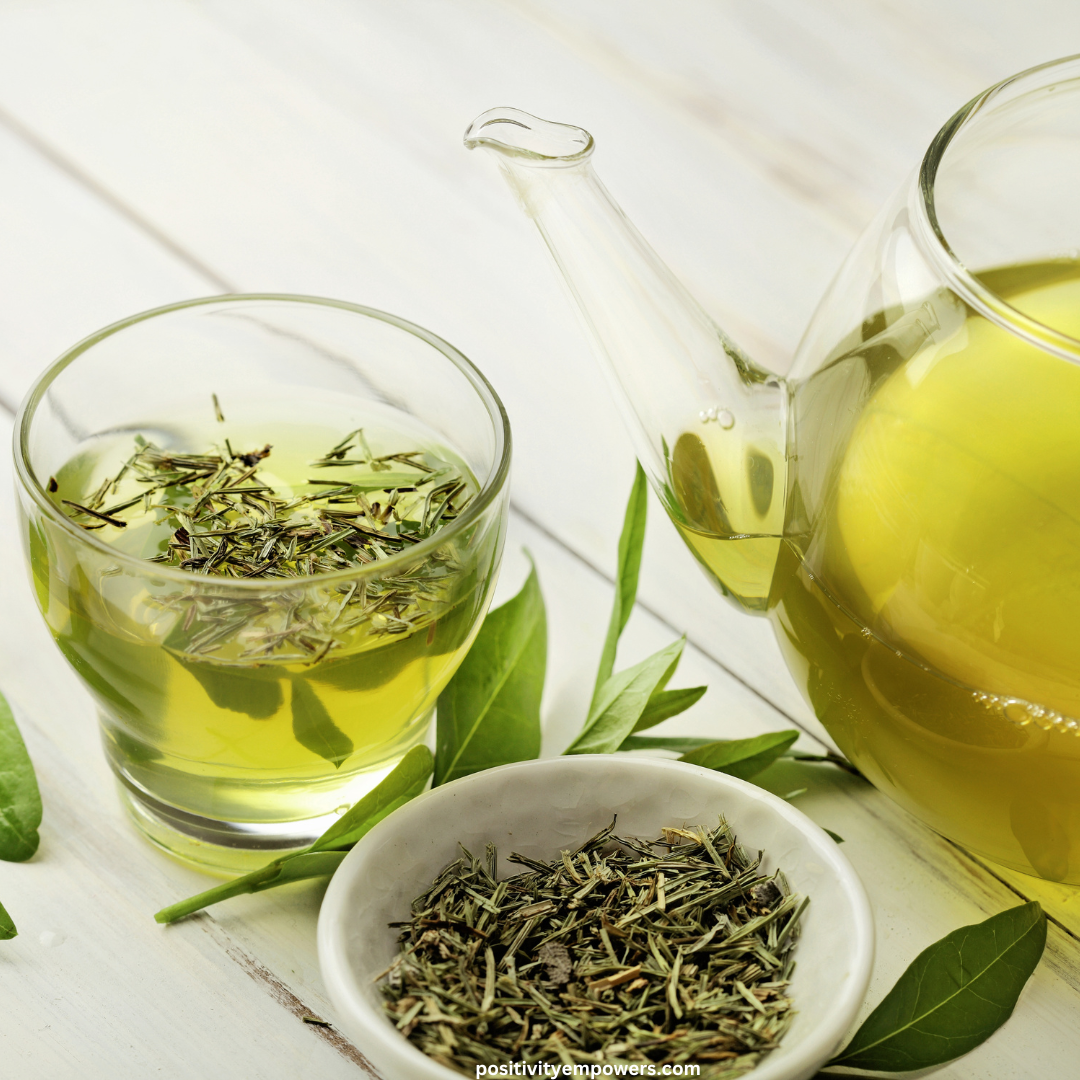
Standard Sencha
Standard Sencha, harvested from mature leaves, has a grassy, subtly sweet flavor with a hint of astringency. It’s widely available and perfect for everyday enjoyment.
Shincha (First Flush)
Shincha, or “new tea,” is made from the season’s first harvest. It has a delicate sweetness and soft aroma, prized for its freshness and vibrant flavor.
Fukamushi Sencha (Deep Steamed)
Fukamushi Sencha undergoes a longer steaming process, resulting in a richer, deeper green color and smoother, less astringent flavor. It’s ideal for those who prefer a milder taste.
Organic Sencha
Grown without pesticides or synthetic fertilizers, it offers a pure, clean flavor with an eco-conscious appeal. Organic farming emphasizes sustainable practices, making this a popular choice among health-conscious tea drinkers.
Does Sencha Green Tea Have Caffeine?
Containing a moderate amount of caffeine, it’s a great choice for a gentle energy boost without the jitters often associated with coffee. On average, an 8-ounce cup contains about 20–30 milligrams of caffeine, although this can vary based on factors like brewing time, water temperature, and the specific variety. For example, first-harvest teas like Shincha may have slightly higher caffeine levels due to their younger leaves.
Health Benefits of Sencha Green Tea
Packed with antioxidants, polyphenols, and vitamins, it provides a range of health benefits:
Rich in Antioxidants
It’s high antioxidant content, especially catechins, helps fight free radicals, reducing cell damage and supporting overall health.
Supports Heart Health
Studies suggest that the antioxidants in Sencha green tea can lower bad cholesterol and reduce blood pressure, benefiting cardiovascular health.
Aids in Weight Management
Sencha green tea boosts metabolism, aiding in calorie burn and weight loss efforts. It’s a great choice for those looking to manage their weight naturally.
Promotes Mental Clarity and Focus
Sencha’s caffeine is balanced by L-theanine, an amino acid that promotes calm and focus, offering a smooth, sustained energy perfect for staying productive or enjoying a mindful moment during the day.
How to Brew Sencha Green Tea for Optimal Flavor
Sencha should be brewed with water at about 160–175°F (70–80°C) for 1-2 minutes. This prevents bitterness and ensures a smooth, pleasant taste.
Serving Suggestions and Pairings
Sencha pairs beautifully with light foods like sushi or fruit. Its fresh, green flavor complements mild, savory dishes, enhancing the dining experience.
Price Range for Sencha Green Tea
Regular vs. Premium
Regular Sencha is affordable, costing around $10–$20 per 100g. Premium or specialty varieties, including Shincha and Fukamushi, can range from $25 to $50 or more, depending on quality and origin.
Cost of Organic Sencha Green Tea
Organic varieties typically cost a bit more, often starting at $20 per 100g. The added cost reflects the sustainable farming practices involved, appealing to eco-conscious tea lovers.
Where to Buy High-Quality Sencha Green Tea
When searching for the best varieties consider these buying options:
Local Specialty Tea Shops
Local tea shops often carry high-quality Sencha and can offer guidance on different varieties and brewing techniques. Visiting a shop also lets you sample before buying.
Reputable Online Retailers
Many online retailers specialize in authentic Japanese teas, offering a wide selection and convenient shipping options. Look for sites with customer reviews to ensure quality.
Buying Tips – What to Look for
When buying this Japanese tea, check for a vibrant green color, a fresh aroma, and details on origin and harvest time. Freshness is key to getting the best flavor.
Final Thoughts
Exploring Sencha green tea offers a journey into Japanese tradition, health benefits, and diverse flavors. Whether you choose a standard, organic, or premium variety, it’s refreshing taste and health-boosting qualities make it a fantastic daily ritual. From the first sip to the last, Sencha green tea offers a moment of calm and clarity in a busy day.
FAQs
- Is organic Sencha worth the extra cost?
Yes, organic provides a pure taste and eco-friendly value. - How should I store it to keep it fresh?
Keep it in an airtight container, away from light and moisture. - Does it contain caffeine?
Yes, Sencha tea has moderate caffeine, with levels varying by type. - Can I drink it daily for health benefits?
Absolutely! it’s antioxidants and calming properties make it a healthy daily choice.

